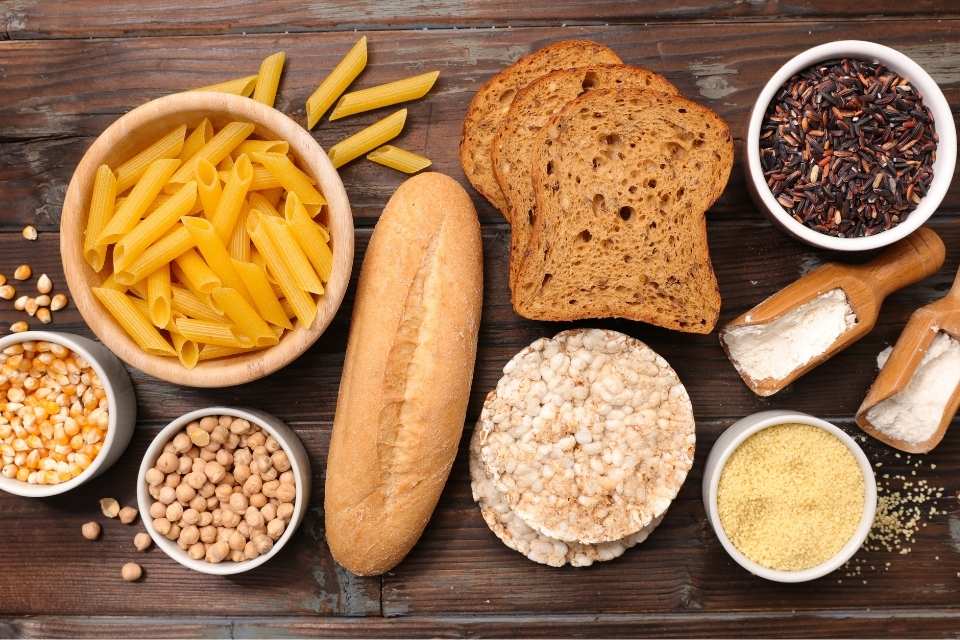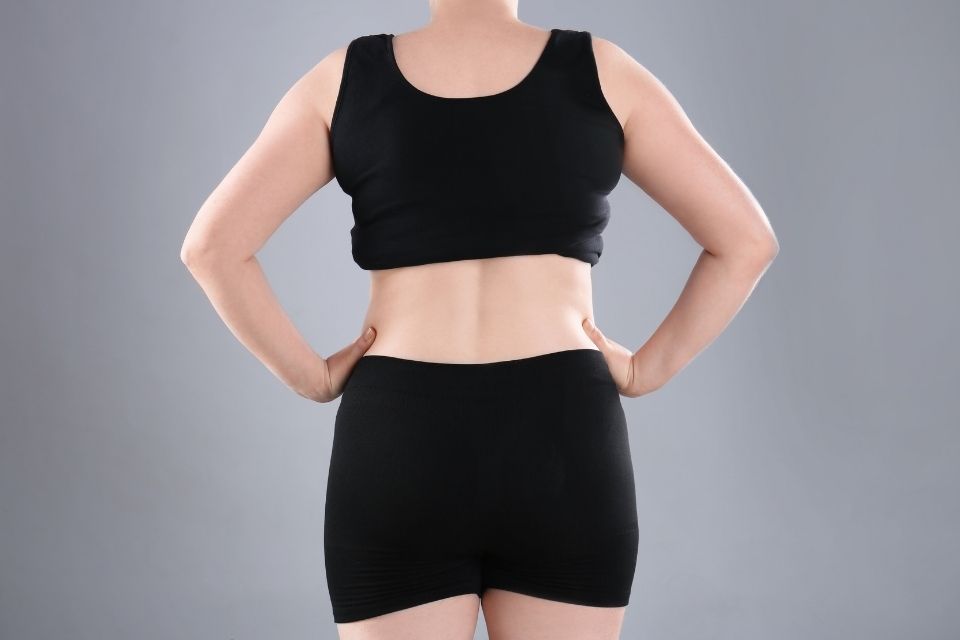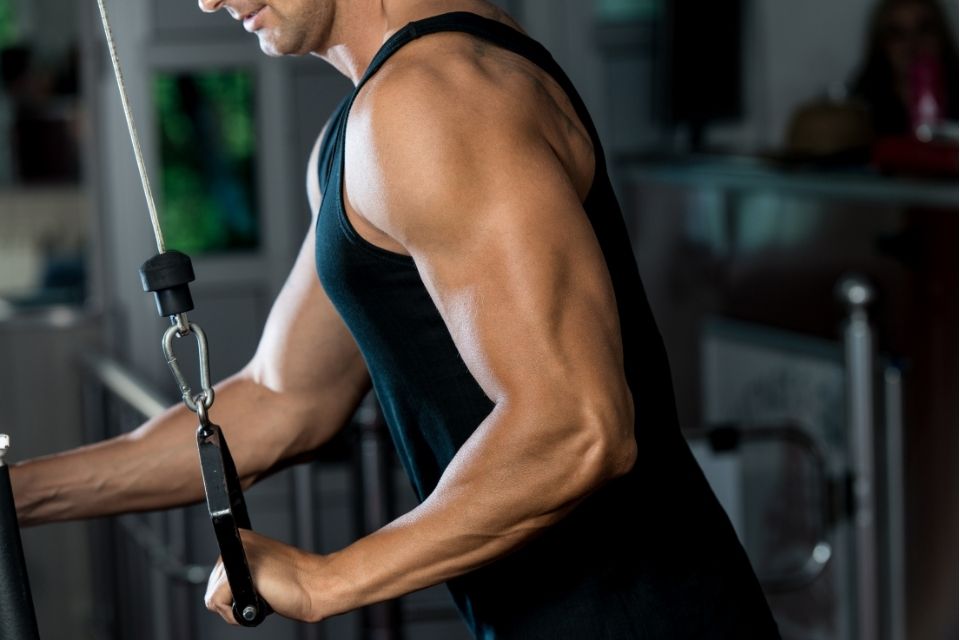Electrolytes are essential minerals for body function. They regulate hydration, muscle contraction, pH balance, and nerve signaling.
When there is an electrolyte deficiency, symptoms appear quickly, affecting energy, concentration, and even sports performance. In more severe cases, imbalance can put health at risk.
This article explains the main symptoms of electrolyte deficiency, common causes, and the best ways to replenish them safely.
What Are Electrolytes?
Electrolytes are minerals that carry an electric charge when dissolved in body fluids. The main ones are sodium, potassium, calcium, magnesium, and chloride.
Together, they keep the body in balance.
Common Symptoms of Electrolyte Deficiency
When electrolyte levels drop, the body sends clear signals such as:
- Muscle cramps
- Fatigue and weakness
- Dizziness and headaches
- Confusion or difficulty concentrating
- Nausea and general discomfort
- Irregular heartbeat (arrhythmia)
- Feeling of dehydration
Causes of Electrolyte Deficiency
The most common causes are excessive sweating during intense workouts or hot environments, dehydration from insufficient fluid intake, vomiting and diarrhea, very restrictive diets, and use of diuretics without medical supervision.
How to Replenish Electrolytes
Replenishment can be done naturally or with supplements when necessary.
Foods rich in electrolytes:
- Sodium: sea salt, soups, broths
- Potassium: bananas, sweet potatoes, avocados
- Magnesium: nuts, seeds, leafy greens
- Calcium: milk, yogurt, cheese
- Chloride: table salt
Drinks and supplements: coconut water, sports drinks, and electrolyte supplements (powders or capsules) when recommended.
Electrolytes and Sports Performance
For athletes, electrolytes are critical. Intense sweating can cause significant sodium and potassium losses, affecting performance and recovery.
Endurance athletes such as runners and cyclists often use sports drinks to maintain balance.
Prevention
Drink water consistently, eat foods rich in electrolytes, adjust intake according to activity level, avoid excess diuretics and alcohol, and seek medical advice if symptoms persist.
FAQ
How do I know if I have an electrolyte deficiency?
Cramps, fatigue, dizziness, and persistent discomfort are warning signs.
Do only athletes suffer from electrolyte deficiency?
No. Dehydration, vomiting, diarrhea, and poor diets can cause it in anyone.
Does drinking water alone solve the problem?
Water hydrates but does not replace minerals. Electrolytes must be replenished through food or drinks.
Are supplements necessary?
Most people can get enough from food. Supplements are useful only when recommended.
How to Avoid Electrolyte Deficiency Symptoms
Electrolyte deficiency causes uncomfortable and potentially dangerous symptoms such as cramps, weakness, dizziness, and dehydration.
Maintaining balanced nutrition, proper hydration, and paying extra attention during intense workouts are essential to avoid imbalance.
Want to optimize your nutrition and training? Download the Befit app for personalized plans, workouts, and tips to keep your body performing at its best.








